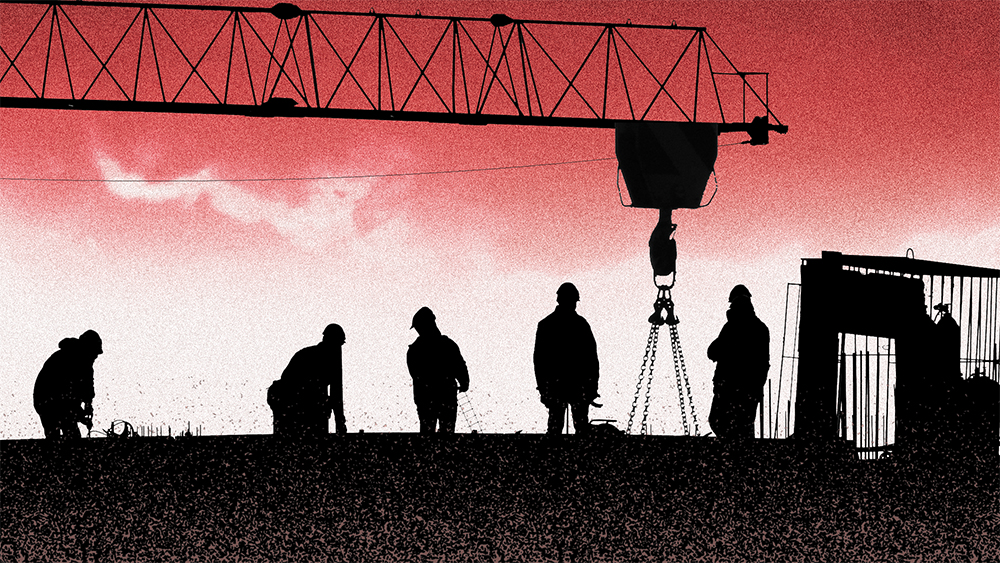
Ahead of Anti-Slavery Day 2021 on 18 October, Alison Ramsey explains how construction SMEs can protect and support their employees.
Sadly, the exploitation of people remains an issue across many areas of business, including the construction industry.
The effects of the recent lockdowns, coupled with the need to speed up project delivery, have only amplified this. The charity Unseen, which runs a 24-hour modern slavery helpline, highlighted how the shutdown of other industries put the spotlight on exploitative construction work. A total of 57 cases with 209 victims were recorded between 23 March and 23 September 2020 – higher than in any other industry in the UK.
Subcontractors especially can find themselves targeted by unscrupulous criminal groups supplying labour at low rates and often lack the resources of larger firms to operate rigorous due diligence.
SMEs employ more than 60% of those working in the private sector, which places them in a critical position to respond to modern slavery. To do this, SMEs need the right tools to support them in assessing and managing their own risks, recognising the warning signs and knowing how to deal with concerns if modern slavery is suspected.
Mitigate the risks of exploitation
Modern slavery operates in plain sight and could affect construction businesses without them knowing. Clear procedures and communication channels in place with workers – to allow them to safely report grievances or whistle-blow without fear – are vital and should be common practice among SMEs.
It’s also important that SMEs help to raise awareness of the rights their employees have. To ensure this, every employee must be provided with a written contract in a language they understand that outlines their working hours, pay and overtime rates as well as holiday and sick pay entitlements. Workers’ rights posters displayed on site and within office buildings can be used to reaffirm the message and encourage them to come forward if they don’t feel safe.
“Subcontractors especially can find themselves targeted by unscrupulous criminal groups supplying labour at low rates and often lack the resources of larger firms to operate rigorous due diligence.”
The pressures to complete projects delayed by the pandemic can sometimes result in thorough workforce checks being cut short. It is in the main contractors’ interests to confirm that SMEs conduct the correct right-to-work checks on people they employ. Regular payroll reviews, to make sure that workers’ wages are being directly paid into their bank accounts instead of those of third parties, can also help to raise potential red flags.
Watch for the signs
Even when the necessary steps to reduce the chance of onsite exploitation are taken, it can still happen. It is important to be aware of the tell-tale signs to spot any potential exploitation. These can include a frightened or confused physical appearance, few or no personal possessions, a reluctance to seek help for day-to-day tasks or even unusual travel times to and from the site.
Contractor support for SMEs
While it is important that SMEs remain supported, and informed of how best to mitigate the risks of modern slavery, tier 1 contractors have a responsibility to the supply chain workers that operate on their sites.
Appointing a modern slavery welfare officer to oversee movements during the development of a project can help to identify any unusual activity and provide a visible point of contact for help and advice.
As a framework provider, we work closely with our delivery partners, which are tier 1 contractors and their supply chains, to help prevent and protect workers from exploitation or abuse, with appropriate safeguarding measures and regular checks put in place to ensure that any exploitative practice is identified and remedied.
Modern slavery is unacceptable in any form. Increasing awareness and raising the profile of the routes for reporting suspicions is a shared responsibility right across the construction industry.
Alison Ramsey is social value and performance manager at public sector procurement authority Scape.











